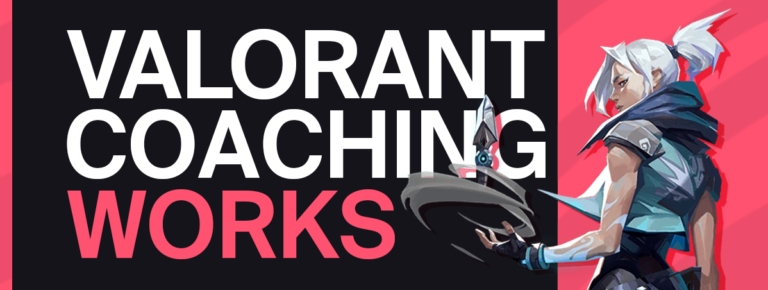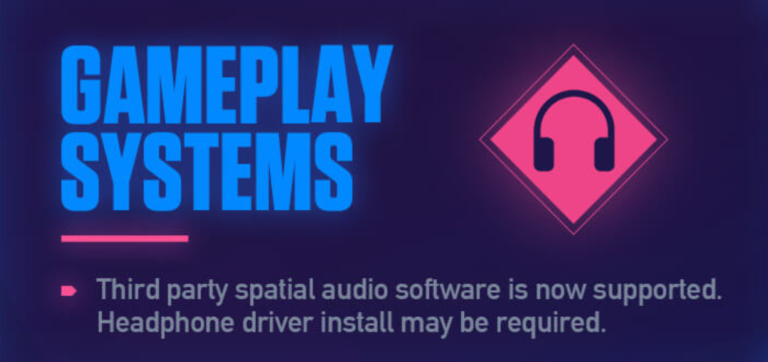Practice with Valorant Boost
Practice isn’t just about logging hours—it’s about deliberate and effective training. Crafting impactful practice routines is the cornerstone of improvement in Valorant Boost. Let’s delve into strategies that coaches and players can employ to optimize practice sessions for skill enhancement and team synergy.
Setting Clear Objectives
- Identify Goals: Define specific objectives for each practice session, whether it’s refining individual skills, mastering new strategies, or improving team coordination. Clear goals provide direction and focus.
- Customized Practice: Tailor sessions to cater to individual and team needs. Allocating time for specific agent play, map control exercises, or scenario-based drills sharpens targeted skills.
Structured and Varied Drills
- Mechanical Skill Refinement: Include precise aim training, movement optimization, and recoil control exercises. Utilize aim trainers or in-game scenarios to refine individual mechanics. Continuous practice hones muscle memory, enhancing in-game precision.
- Team Coordination Practices: Dedicate time to team-focused exercises emphasizing communication, callouts, and synchronized plays. Simulating real-game scenarios, like executing retakes or defending bomb sites, cultivates seamless teamwork crucial for competitive success.
- Role-specific Drills: Tailor exercises to specific roles within the team. For instance, support players could practice utility usage and map control, while entry fraggers focus on entry paths and aggressive play. Role-specific drills sharpen specialized skills, optimizing team dynamics.

Review and Feedback Loops
- VOD Reviews: Analyze recorded matches or scrim footage collectively. Highlight tactical errors, missed opportunities, and successful plays. Discussing these insights allows for deeper comprehension and application of strategies in future games.
- Interactive Feedback Sessions: Facilitate open discussions after practice sessions. Encourage players to share observations, critique strategies, and suggest improvements. Constructive conversations empower players and foster a collaborative learning environment.
- Individual Performance Analysis: Regularly assess individual progress. Track improvements in aim, utility usage, or role-specific responsibilities. Personalized feedback aids in targeted skill enhancement and maintains motivation.
Consistency and Adaptability
- Routine Maintenance: Maintain a consistent practice schedule. Regular, structured sessions reinforce skills and build team synergy. Consistency is key to solidifying strategies and improving overall performance.
- Adaptation to Meta Shifts: Stay updated on meta changes and adapt practice routines accordingly. Introduce drills reflecting new strategies, agent buffs/nerfs, or map alterations. Flexibility in practice ensures preparedness for evolving gameplay trends.
- Innovative Practices: Encourage players to experiment and propose new drills. Rotate exercises, introduce unconventional strategies, or recreate challenging scenarios. Innovation keeps practices engaging and fosters creative thinking essential for adaptability in matches.
Crafting impactful practice routines demands structured drills, effective feedback loops, consistent schedules, and adaptability. By refining mechanical skills, fostering teamwork, and embracing flexibility, coaches and players elevate their performance, readying themselves for the competitive challenges of Valorant Boost.






